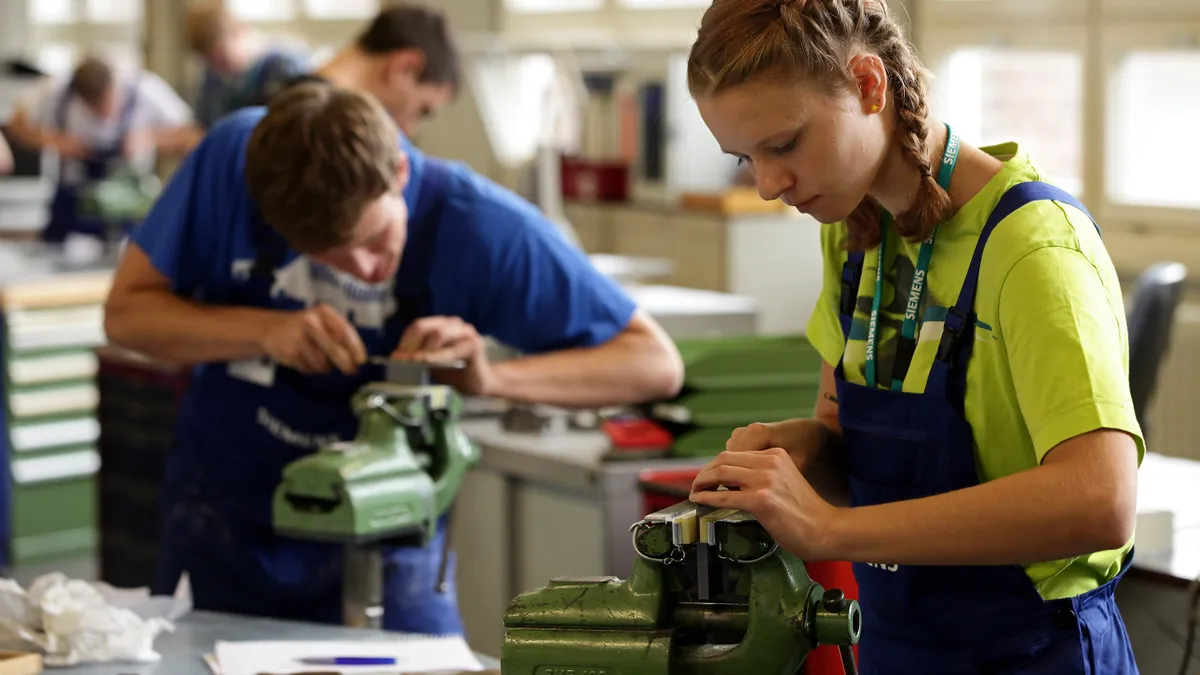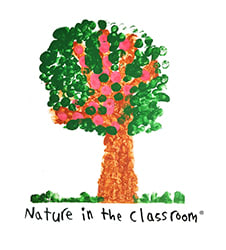Dive Brief:
- School systems nationwide are evolving their vocational programs to address the changes and impacts of emerging technologies like artificial intelligence on popular career education fields.
- Changes in automotive technology, for example, mean that schools need new approaches to the way these courses are taught so they include skills students need to learn today, said Alisha Hyslop, chief policy, research, and content officer for the Association for Career and Technical Education.
- “There are so many computers in the car and so many electronics that students have to be able to diagnose, repair and work on electric and hybrid vehicles, and even autonomous, self-driving vehicles,” Hyslop said.
Dive Insight:
AI in particular is being integrated into many different career pathways, including construction, Hyslop said.
She cited that there are robots capable of laying bricks — a job typically considered to be done by people. But she emphasized that people will still be required to work with those robots, because someone needs to be able to fix these devices when they have a problem.
“Somebody needs to program that robot and build that robot,” Hyslop said. “It might not result in actual job loss.” Rather, the job just changes, she said.
A University of Tennessee at Knoxville report released in partnership with ACTE and three other organizations also highlights how AI will shift careers in sectors ranging from transportation to manufacturing and the skills needed in this next era.
For example, the culinary, automotive and electric shop classes that students took 30 or 40 years ago were preparing people with the skills needed to succeed in those economies — before there were mobile phones, the internet, and personal computers. Engines ran on gasoline, broken lamps needed people who understood physical wiring, and people cooked most meals at home.
But these programs need to shift today and incorporate new skills and trades so that young people have the skills that meet the demand required now, “because the workplace is changing,” Hyslop said.
“If we want to make sure students are prepared, we have to make changes along the way,” she said.











